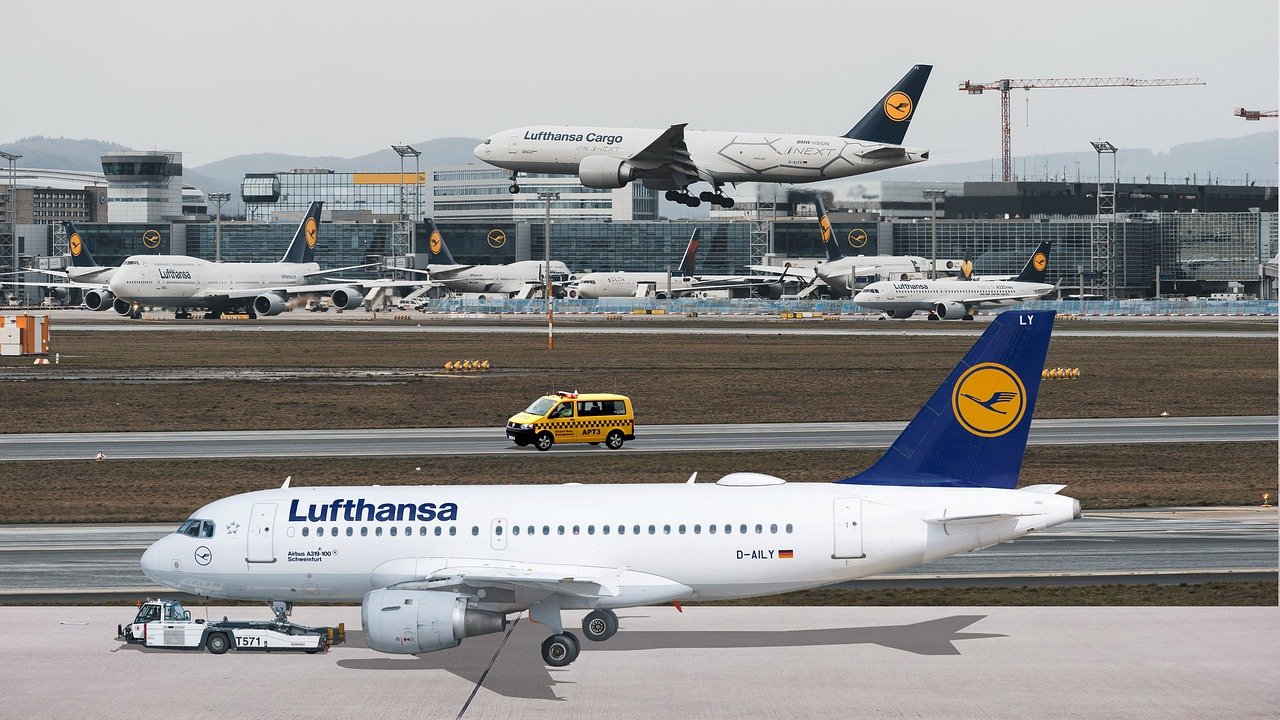Air Freight vs. Ocean Freight: Which Is Better for Your Cargo?
Imagine this: your cargo is ready, your customer is waiting, and you’re staring at two vastly different options—air or ocean freight. One promises speed. The other, savings. So, which should you choose?
Shipping goods across borders is more than a logistical decision—it’s a strategic one. Every shipment has its own urgency, budget, and complexity. Understanding the key differences between air freight and ocean freight can help you make informed, cost-effective decisions that support your business goals.
Let’s break down the two modes of transportation to figure out which one fits your cargo needs best.
What Is Air Freight?
Air freight is the transportation of goods via aircraft. It’s often used for time-sensitive, high-value, or lightweight shipments.
Common cargo types for air freight include:
- Electronics
- Pharmaceuticals
- Apparel and luxury goods
- Perishable items like flowers or seafood
According to the International Air Transport Association (IATA), air cargo accounts for only 1% of global trade by volume—but over 35% by value.
What Is Ocean Freight?
Ocean freight involves shipping goods by sea, typically using large cargo containers. It’s the go-to for bulky, heavy, or less time-sensitive shipments.
Common cargo types for ocean freight include:
- Furniture
- Industrial equipment
- Raw materials (e.g., metal, oil)
- Bulk agricultural products
As per UNCTAD, over 80% of global trade by volume moves via sea.
Air Freight vs. Ocean Freight: Side-by-Side Comparison
Here’s a quick look at how these two shipping methods stack up:
| Feature | Air Freight | Ocean Freight |
|---|---|---|
| Speed | Fast (1–5 days) | Slow (20–45 days) |
| Cost | High | Low |
| Capacity | Limited | High |
| Reliability | High (fewer delays) | Moderate (weather, port delays) |
| Carbon footprint | High | Lower |
| Customs clearance | Typically faster | May be slower |
When to Choose Air Freight
Air freight is ideal when time is of the essence or your cargo has specific handling needs.
Benefits of Air Freight
- Speed: Shipments arrive in a matter of days, not weeks.
- Security: Tighter airport protocols reduce risk of damage or theft.
- Reliability: Frequent flights mean fewer missed deadlines.
- Reduced Inventory Costs: Faster delivery means lower storage needs.
Considerations
- Higher Costs: You’re paying a premium for speed.
- Weight & Size Restrictions: Heavier or oversized goods may be cost-prohibitive.
- Environmental Impact: Air cargo has a larger carbon footprint.
Best Use Cases
- Urgent shipments (e.g., medical supplies)
- High-value goods (e.g., jewelry, electronics)
- Short shelf-life products (e.g., perishables)
When to Choose Ocean Freight
If your shipment isn’t time-sensitive and cost savings are a priority, ocean freight is a solid choice.
Benefits of Ocean Freight
- Cost-Effective: Especially for large or heavy loads.
- Greater Capacity: One container can carry massive quantities.
- Eco-Friendly: Lower emissions per ton compared to air freight.
- Flexible Container Options: FCL (Full Container Load) or LCL (Less than Container Load).
Considerations
- Slower Transit: Shipments can take several weeks.
- Port Congestion: Delays at ports can extend delivery times.
- Complex Logistics: More documentation and customs clearance.
Best Use Cases
- Bulk goods or industrial cargo
- Non-urgent items
- Large international orders
Cost Breakdown: Air vs. Ocean Freight
Let’s talk dollars and cents. While pricing fluctuates based on fuel, demand, and routes, here’s a general comparison:
- Air Freight: $4 to $8 per kg (can exceed $10 during peak seasons)
- Ocean Freight: $0.50 to $1.50 per kg for full containers
According to Freightos, ocean freight is typically 4–6x cheaper than air freight.
However, don’t forget to factor in:
- Insurance
- Customs duties
- Handling and documentation fees
The total landed cost could make air freight viable for some small, high-value goods.
Speed vs. Cost: Finding the Right Balance
It’s tempting to go with the cheapest or fastest option—but neither is always the best. Ask yourself:
- How urgent is this shipment?
- What’s the value of the cargo?
- Can delays disrupt my supply chain or customer relationships?
- What’s my environmental impact goal?
Many businesses find a hybrid approach works best—using air freight for top-priority items and ocean freight for the rest.
Working With Freight Forwarders
Don’t go it alone. Freight forwarders help navigate the complexity of global shipping.
A great freight partner can:
- Offer competitive quotes
- Suggest the best transport mode based on your needs
- Handle customs, documentation, and insurance
- Provide real-time tracking and updates
Look for providers with solid networks in both air and ocean logistics.
The Federal Maritime Commission (FMC) provides a searchable database of licensed freight forwarders for ocean shipping.
Conclusion: Which Is Better for Your Cargo?
Here’s the truth: neither air nor ocean freight is inherently better—it all depends on your unique priorities.
Choose air freight for speed, reliability, and high-value items. Opt for ocean freight when shipping large volumes or aiming to cut costs.
Understand your shipment’s goals, balance speed with budget, and use expert partners to keep things running smoothly. That’s how smart shippers win.
Need help choosing the right freight method? Contact us today for a tailored quote and expert advice.
FAQ: Air Freight vs. Ocean Freight
Q1: Is air freight faster than ocean freight?
Yes, air freight typically takes 1–5 days, while ocean freight can take 20–45 days, depending on the route.
Q2: Why is air freight more expensive?
Air freight costs more due to limited capacity, higher fuel costs, and faster delivery times.
Q3: Can I ship large cargo by air?
You can, but it’s costly. Air freight is best for lightweight or urgent items.
Q4: Which option is better for the environment?
Ocean freight has a significantly lower carbon footprint per ton-mile compared to air freight.
Q5: Should I use both air and ocean freight?
Absolutely. Many businesses use air for urgent items and ocean for bulk shipments to balance cost and speed.





